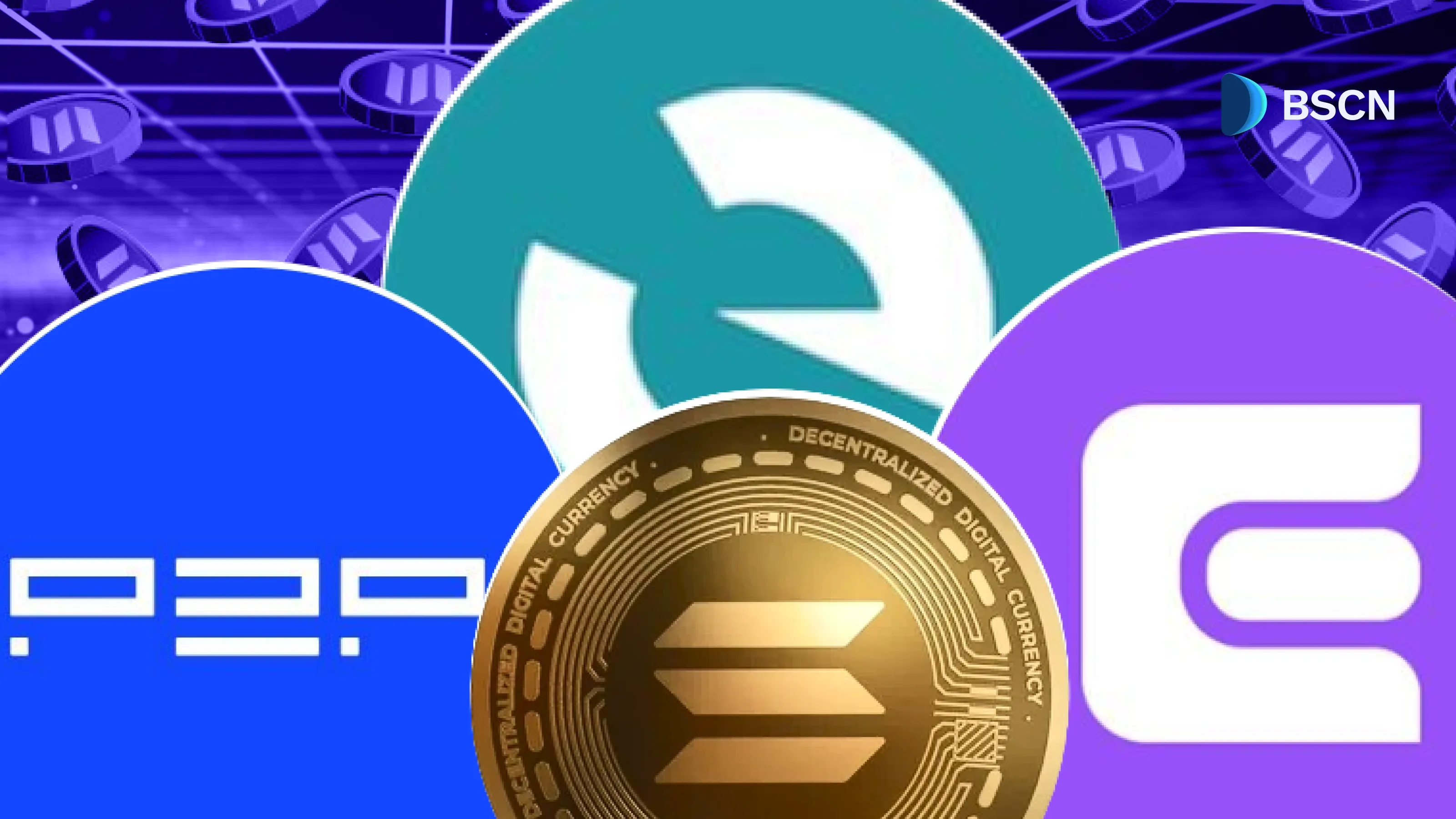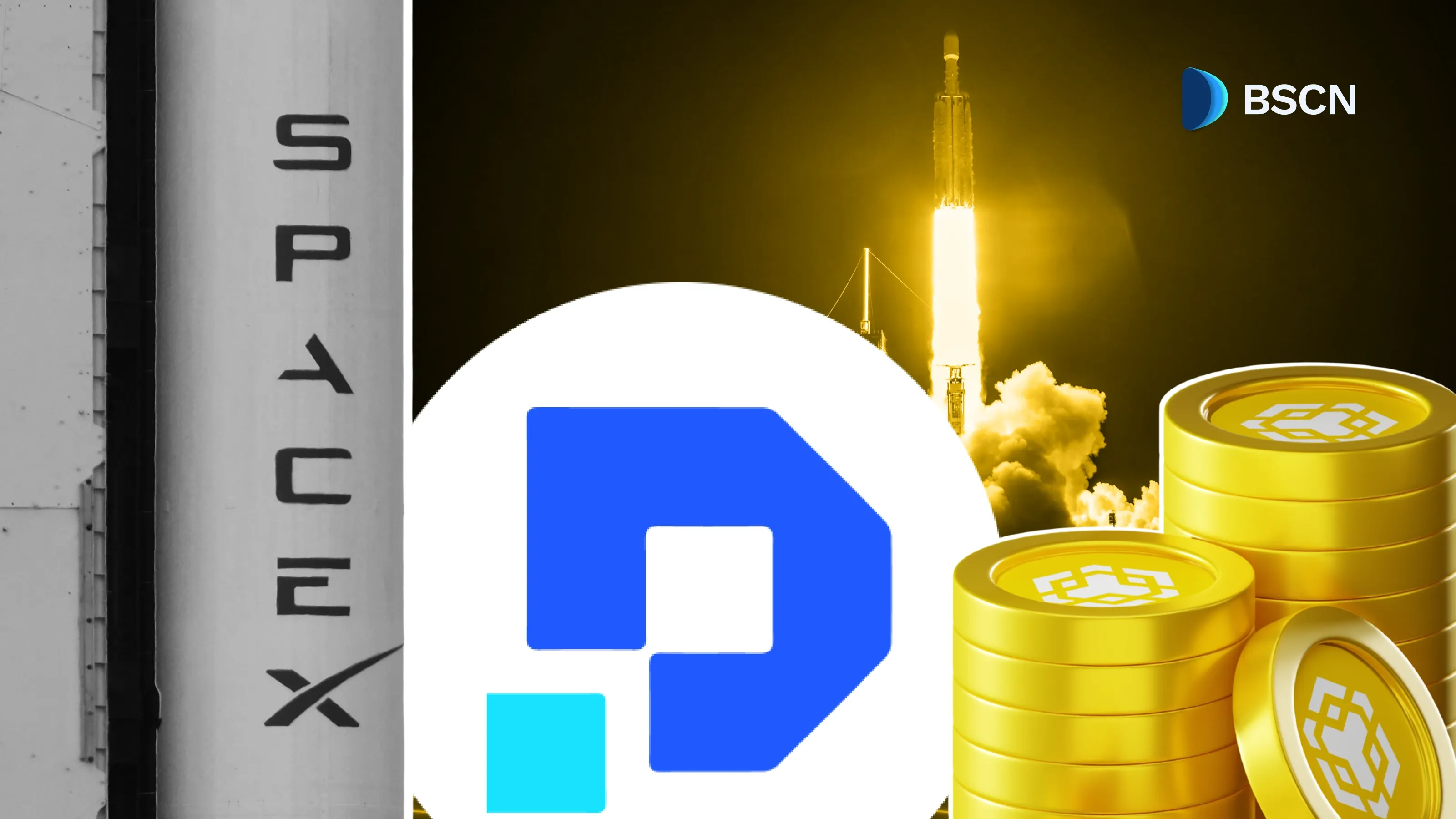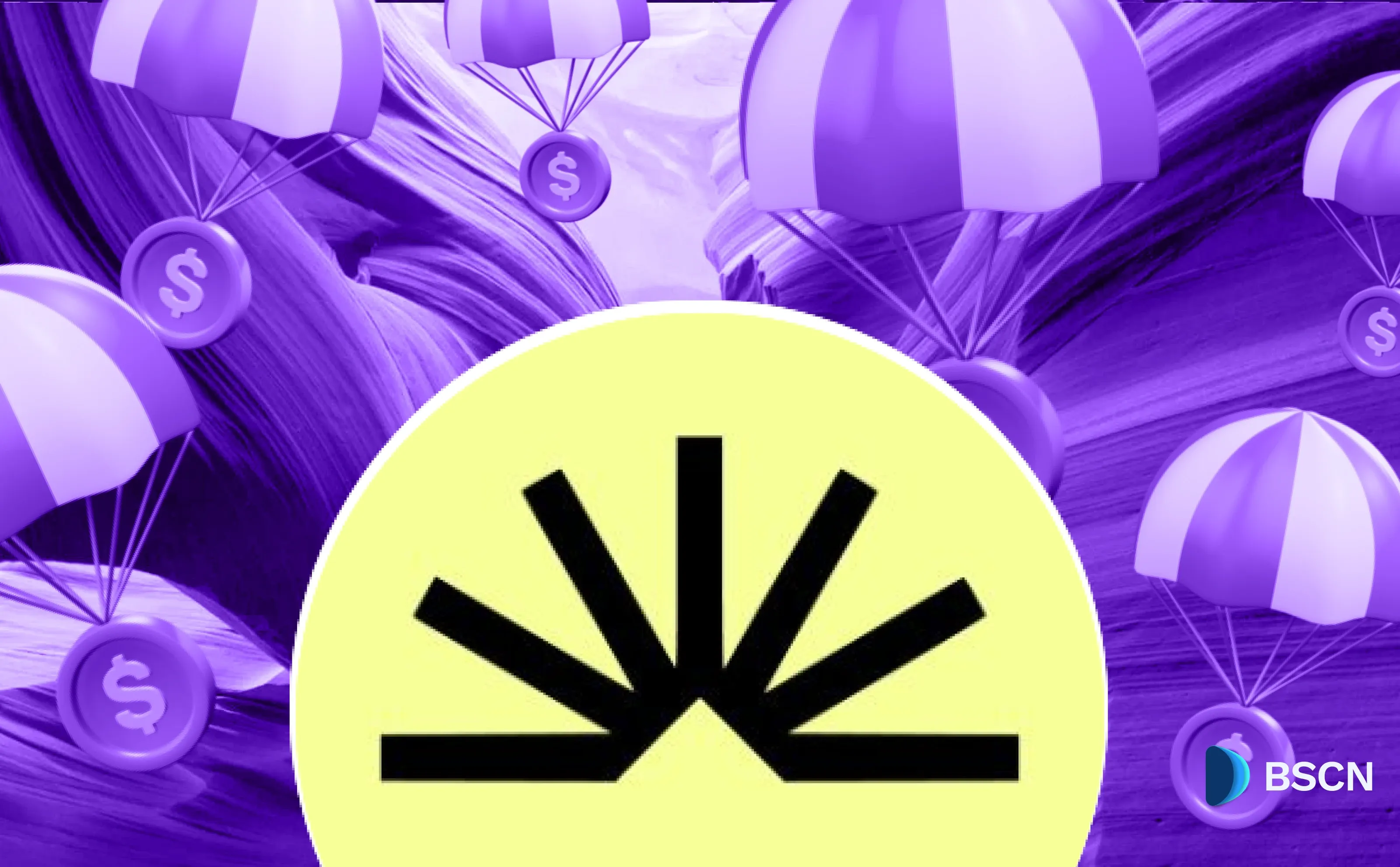WEB3
The SWIFT System Has Failed and It’s Time to Move Past It

The SWIFT system has failed at moderating cross-border transactions and the antiquated system's failure to adapt alongside modern technology beseeches a new global payment paradigm.
Tanvir Zafar
January 19, 2023
When first founded, the Society for Worldwide Interbank Financial Telecommunications (SWIFT) was supposed to be a simple concept - a network of financial institutions that are connected that can easily carry out transactions without much interference from outside parties. However, over the past few years, the SWIFT system has become an outdated shell of itself that has become too expensive and time-consuming to keep up with the required global cross-border transaction volume.
Many solutions have emerged attempting to fix SWIFT and make it more reliable. However, with cryptocurrencies and other financial innovations being developed, it might be the perfect time to move on from this system.
A Quick History of SWIFT
The SWIFT system was founded in 1973. Initially, it included over 200 banks from about 15 countries. At its inception, the system was built to foster close and progressive financial cooperation between members. Today, however, the system houses over 8,000 institutions from over 200 countries. The Association acts as an intermediary between institutions for multiple functions - including brokerage, banking, and stock transactions.
A SWIFT payment is essentially a transfer that allows an individual or a corporate entity to make a payment in any currency to any bank in any country worldwide. These transfers are carried out in different currencies, and they use the SWIFT system as an intermediary that processes these transactions in real time.

Why SWIFT Has Failed So Badly
Today, criticism of SWIFT has continued to mount as the system appears to keep getting more outdated.
Many have also criticized the SWIFT system’s inefficiency, especially in the face of innovations that look to change how we view money transfers. Cryptocurrencies, digital payment services, and more have slowly chipped away at the SWIFT system’s transaction volumes. So, why is this?
Lengthy financial transactions
The major issue with SWIFT appears to be speed. Compared with cryptocurrencies or systems like SEPA, a standard SWIFT transfer can take days to be completed. To be fair, there are options for accelerated same-day transfers, but the process is still too long. While all of these look ideal, the problem is that they are paid options. - pay more money, and your transaction is processed faster.
For a system that was built to provide efficiency and transparency, the practice of forcing people to pay more to get their transactions handled faster might not be in the best interest of equity. And as more financial institutions and people continue to join the network, there is a significant chance that it will continue to be ill-equipped to handle the growing needs of its teeming customers.

Money transfers themselves are expensive
An additional problem that SWIFT customers and international financial agents face is that these transactions themselves are expensive.
Today, customers need to pay a high price for the availability of SWIFT currency transactions. And, as many have pointed out, this cost is much higher than other channels like cryptocurrencies and SEPA transactions.
The cost is usually defined as a percentage of the transfer amount itself. But, there is a minimum and a maximum value for costs as well - these values are set differently based on the country.
Besides the cost of transactions, customers also need to deal with the growing intermediary costs, which can easily amount to significant sums over time. The party that pays this cost will depend on the split option chosen by all parties, although the decision usually remains with the person initiating the transfers.
Thus, overall, the fee for SWIFT transfers is significantly high. And once more, the fact that people need to pay so much to process some of their everyday transactions with their loved ones and business partners worldwide isn’t necessarily ideal in a 21st-century world.

Time to Move On
All of these stated issues have shown that the SWIFT transaction system has become too antiquated to handle transactions in a 21st-century world. The system has proven to be too slow and expensive to handle the required global transaction volume, and it is time a new system replaced it.
The world has moved on to a system where people and businesses need to process transactions quickly and efficiently. And in an age where technology has brought everyone closer, the fact that we all need to pay so much to send money across different borders means that there’s a need for more adoption of the newer technologies in the payment space. The SWIFT system has not necessarily been the best option, and those looking for better service will need alternatives.
So, how is this industry evolving?
Primarily, the best option will be to look at cryptocurrencies. Since the advent of Bitcoin and other traditional cryptos, the technology has continued to thrive as a store of value and a means of sending money across borders.
Sure, Bitcoin and traditional cryptocurrencies are volatile, and investors would need to be careful while dealing with them. But, with optimal speed, anyone can send Bitcoin anywhere in the world without relying on too many third parties involved.
If you’re worried about volatility, you can also access stablecoins - essentially, cryptocurrencies whose values are tied to traditional fiat currencies. With a stablecoin, you get the best of both worlds - the speed of cryptocurrency transactions and the stability of traditional currencies. as more people get enamored with the internet age, cryptocurrencies are definitely a great option for anyone to try. With near-instant transactions and low fees, cryptocurrencies are a more reliable payment and money transfer method than the old and antiquated SWIFT system.
Author

Tanvir Zafar
Tanvir Zafar is an independent crypto journalist. He is passionate in covering topics about Blockchain, Cryptocurrency and Markets. He has five years of writing experience in these areas of interest. You can find his pieces featured on FXEmpire, Yahoo Finance, FXStreet, Benzinga, Investing and many more.
Latest News
Crypto Project & Token Reviews
Project & Token Reviews
Comprehensive reviews of crypto's most interesting projects and assets
Learn about the hottest projects & tokens
Latest Crypto News
Get up to date with the latest crypto news stories and events








